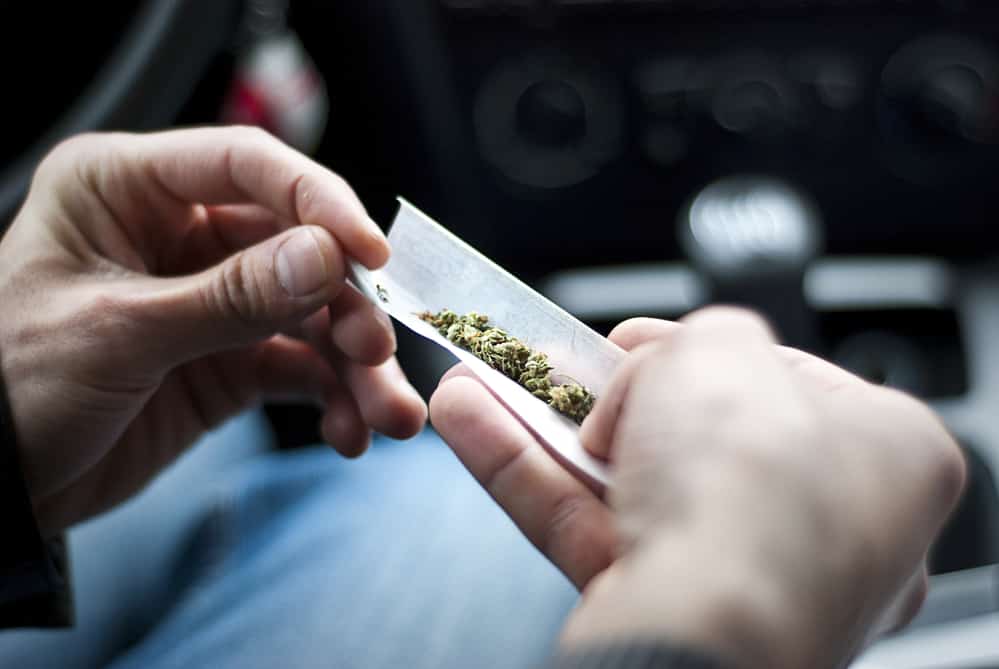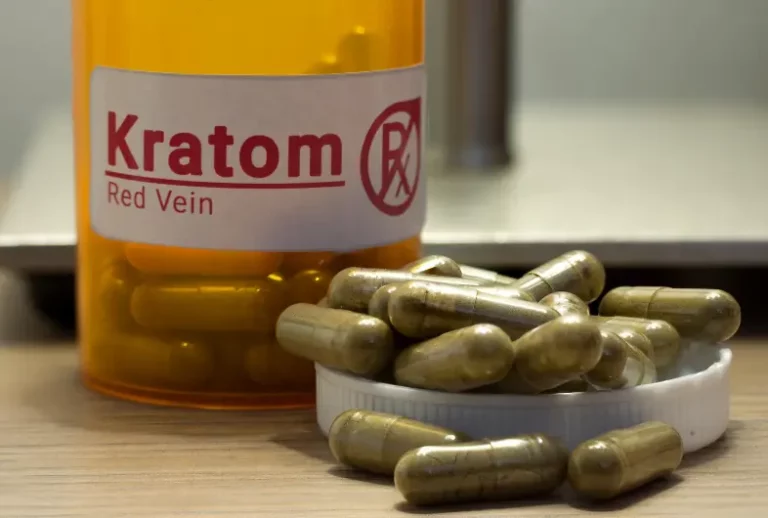“California sober” is a relatively new term that has been circulating and causing confusion among the public. But what does California sober mean? What are its implications? For those involved with addiction and recovery communities, understanding this ideology is crucial, for “California sobriety” is both dangerous and unfounded.
What is “California Sober”?
California sober means to abstain from all addictive substances except for marijuana, and the occasional alcoholic drink. The name plays on the state of California as it has been a pioneer in the legalization of marijuana and is one of the largest marijuana distributors within the United States. The origin of the term is unknown but it is thought to have been coined in 2016, the same year Proposition 64 was passed, which legalized the recreational use of marijuana in California.

There has been a resurgence in the use of “California sober” due to a recent interview aired on CBS with Demi Lovato. Lovato, 28, rose to Disney fame in her mid-teens and has since launched a successful career as an actress and global popstar. Unfortunately, the fame and success came at a high price for Lovato who, throughout the years, has publicly battled various mental disorders such as bulimia, bipolar disorder, and drug addiction.
After a near-fatal overdose in 2018, the star suffered three strokes and a heart attack, leaving Lovato partially blind and partially deaf. She spoke with CBS recently to explain her recovery plan which includes the use of marijuana as well as drinking alcohol in moderation: “I think the term I best identify with is California sober. Just as I feel the complete abstinent method isn’t a one-size-fits-all solution for everybody, I don’t think that this journey of moderation is a one-size-fits-all solution for everybody.”
The interview immediately sparked outrage from the addiction and recovery communities with many casting doubts on the effectiveness of using in moderation and the fallacy of being California sober.

Why is Being California Sober Dangerous?
A major critic of this form of sobriety is Ken Seeley, a leading addiction expert and founder of an addiction treatment facility in Palm Springs, California. In reaction to Lovato’s announcement, Seeley says: “I think [the term] is quite disrespectful to the sober community…Continued use of marijuana is nowhere near sober. I know a lot of people that work really hard to hold their abstinence and fight for their lives in recovery, and to bring up this new term, ‘California sober,’ is so inappropriate.”
Research supports the opinion that practicing complete abstinence is the most successful way to overcome addiction. Any substance that impairs judgment has the potential to trigger additional substance abuse. In a research analysis conducted by the Boston University School of Medicine, marijuana use was associated with a 27% reduction in the likelihood of maintaining sobriety. This study proves that, although continued marijuana use may seem harmless towards achieving recovery, it is detrimental to achieving real success.
In addition to the inadequacies of practicing moderation, a growing concern within the medical and addiction communities is that the potency of marijuana is increasing. In a cohort study conducted by the University of Mississippi and the National Institute on Drug Abuse, The percentage of THC in marijuana has been steadily increasing within the last few decades, resulting in a greater risk for the development of addiction.
As continued marijuana use often decreases the chances of one making a full recovery, continuing to consume alcohol in moderation is also highly detrimental. A 2009 entry in the Harvard Health Journal states that moderation is unlikely to be successful for those struggling with substance abuse. As dependence on a substance increases, the likelihood of patients being able to reduce their drinking to moderate levels, and maintain it, decreases dramatically. For alcoholics, abstinence may be the only option.

We Can Help You Get Sober
Becoming “California sober” does not mean that you are sober. Real recovery from substance addiction can only be achieved when practicing complete abstinence. Because addiction permanently alters the brain, it is considered a chronic disease in which any form of moderate substance use can only subject the brain to further damage. Proponents of moderation and California sobriety disregard this fact. As Brian Hurley, Director of the American Society of Addiction Medicine, states “Addiction is about the disease, not the substance”.
The founders of Knoxville Recovery Center, as well as many of our addiction therapists, have struggled with addiction and now enjoy life in recovery. They understand the struggles of addiction and how difficult it can be to practice total abstinence. If you feel that you or a loved one is struggling with drug abuse, our specialists are on standby and ready to help. Contact us or call us today for immediate assistance.








